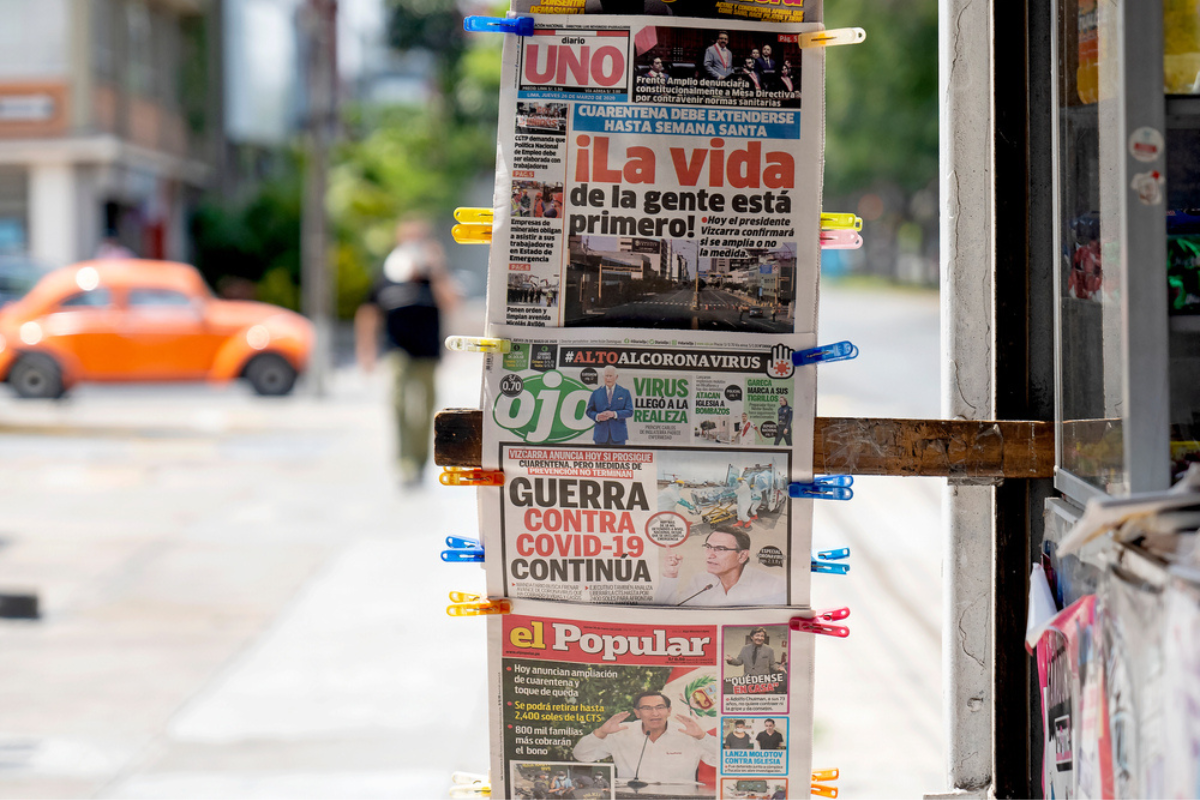In its 2023 Press Freedom Index report released on May 3, NGO and media watchdog Reporters Without Borders (RSF) warned that press freedoms in Latin America are massively “threatened by political instability.”
The report, released on World Press Freedom Day, said that recent political transitions in the U.S. and Brazil offered reasons for optimism.
The Joe Biden administration has shown “a much better attitude toward the media” compared to the radical policies enacted during the Donald Trump years, while in Brazil there is a sense of “revived hope for a return to normalcy in relations between the government and the press,” following Luiz Inácio Lula da Silva’s return to office this year.
Brazil had a record-breaking jump of 18 places in the latest edition of the index, and is now ranked 92nd out of the 180 countries analyzed in the list, which has Norway at the top and North Korea at the bottom. The change was “mostly due to the departure of President Jair Bolsonaro, who systematically attacked journalists,” RSF said.
🔴 #RSFIndex RSF unveils the 2023 World Press Freedom Index:
— RSF (@RSF_inter) May 3, 2023
1: Norway 🇳🇴
2: Ireland 🇮🇪
3: Denmark 🇩🇰
24: France 🇫🇷
26: United Kingdom 🇬🇧
45: United States 🇺🇸
68: Japan 🇯🇵
92: Brazil 🇧🇷
161: India 🇮🇳
136: Algeria 🇩🇿
179: China 🇨🇳
180: North Korea 🇰🇵https://t.co/5hHMzwc8KJ pic.twitter.com/Ji3HZcCywo
Elsewhere on the continent, however, “the polarization and institutional instability that characterize several countries in the region have fostered hostility and distrust of the media,” the report argues.
Among the examples is Peru, whose never-ending institutional crisis paved the way for abrupt and traumatic power shifts, causing the country to slide 33 positions in the RSF’s rankings, where it now stands at 110th. Haiti, meanwhile, also lost 29 positions as it has been plunged into the hemisphere’s worst humanitarian catastrophe — it is now 99th.
The report also cites Ecuador, down 12 places as a violence wave caused “a significant deterioration of journalists’ working conditions.” Concerns have also been raised in “historically well-placed nations” such as Argentina, Costa Rica, and Uruguay.
Last but not least, and despite a small fluctuation this time, the report talks about Mexico, poorly ranked at 128th due to the “extreme violence of the cartels,” which has continued to cause “journalism’s destruction.” The country is considered the deadliest place for media workers and accounted for 20 percent of all cases of journalists assassinated in the world last year.


 Search
Search






































